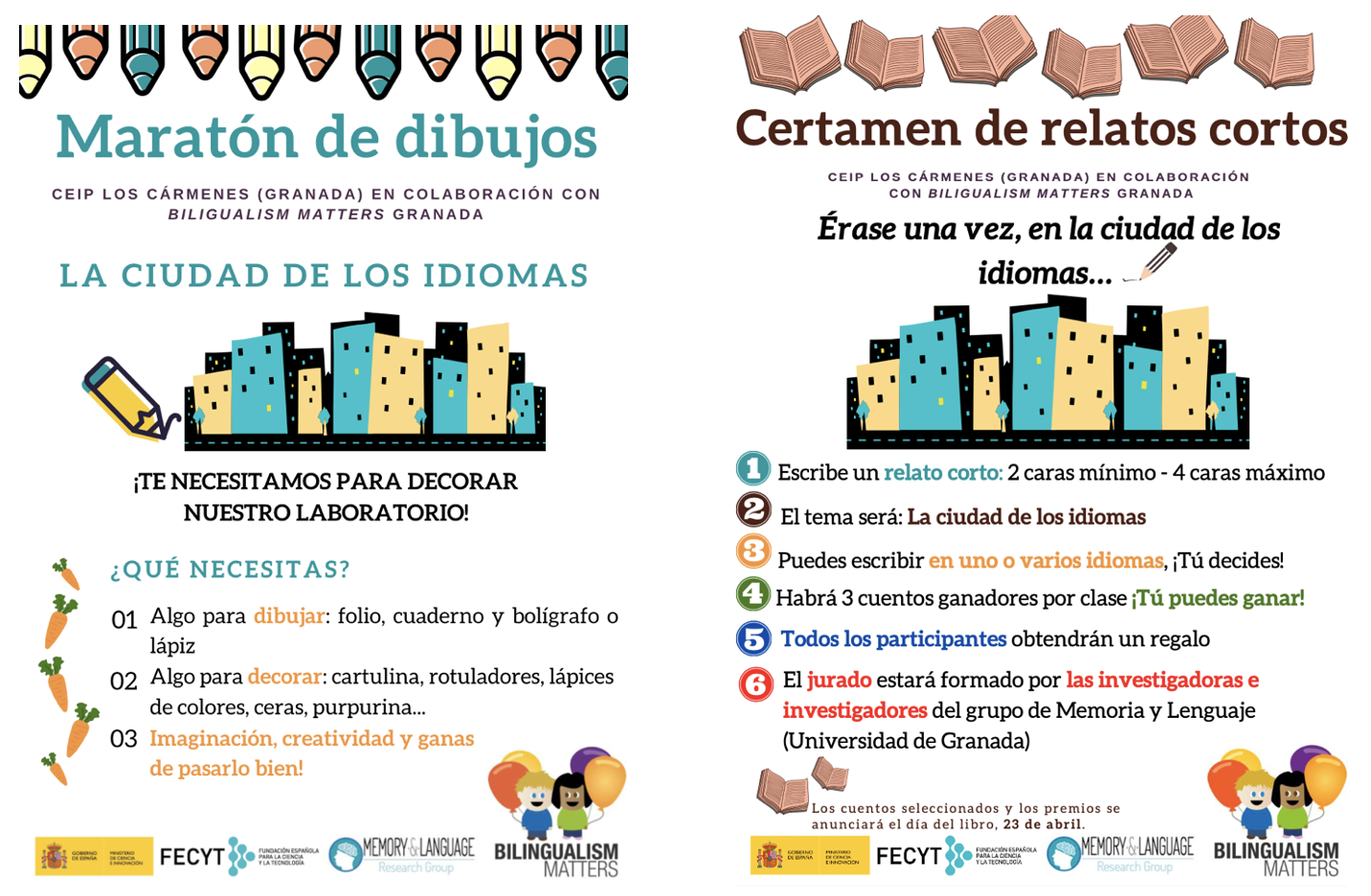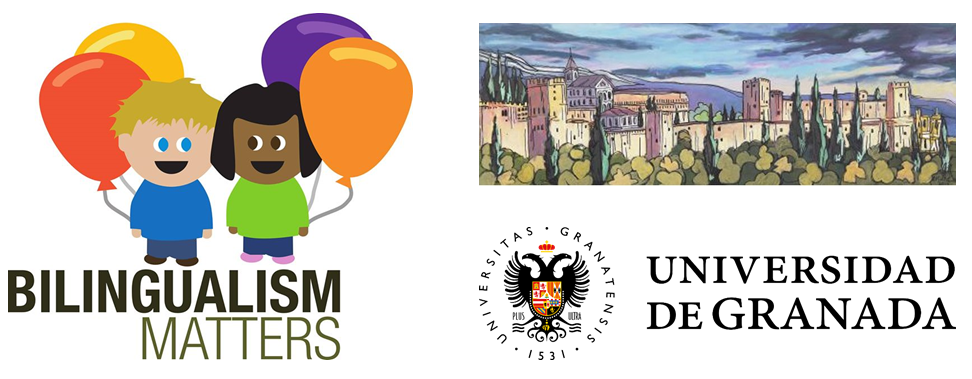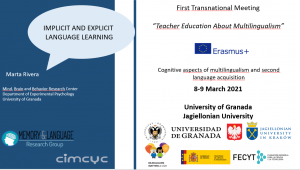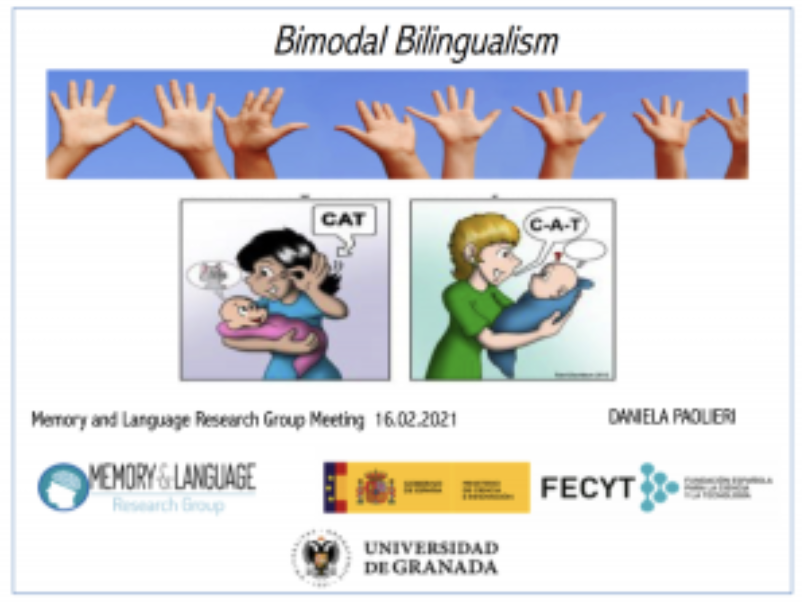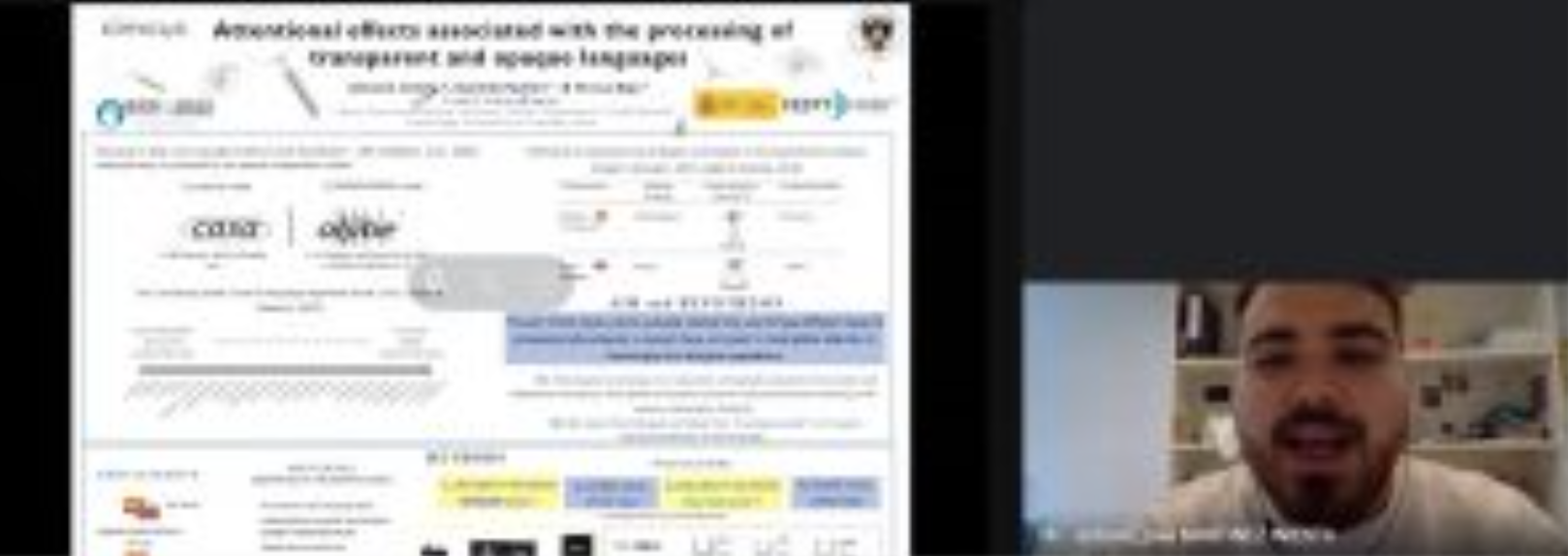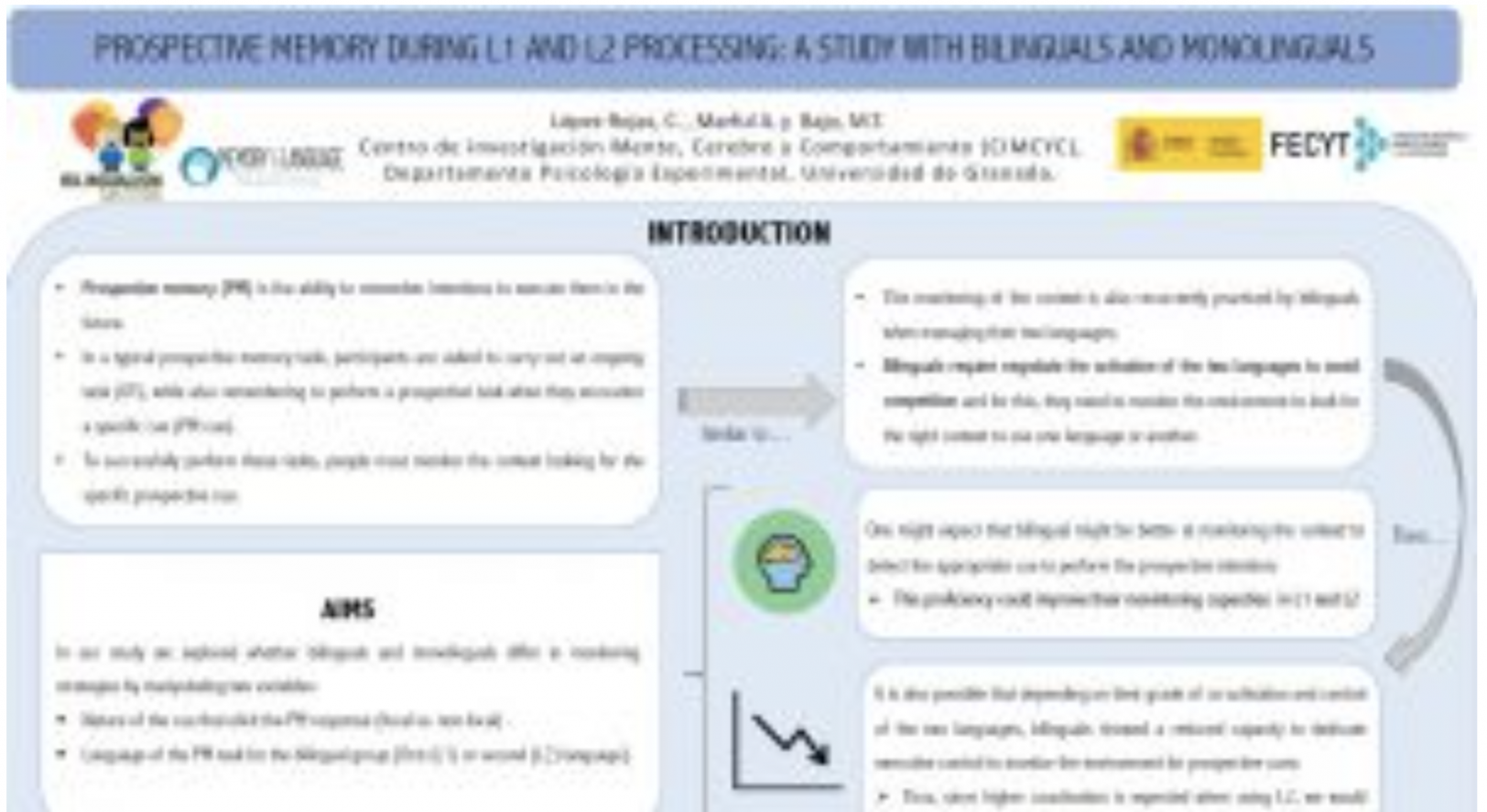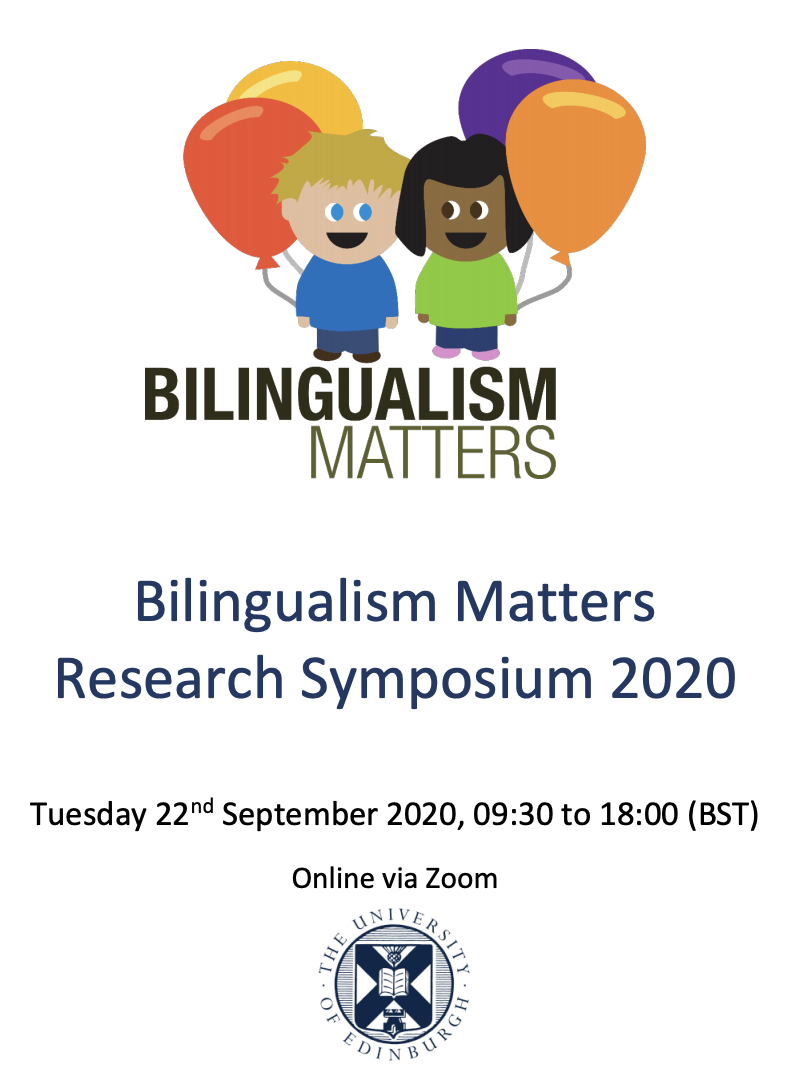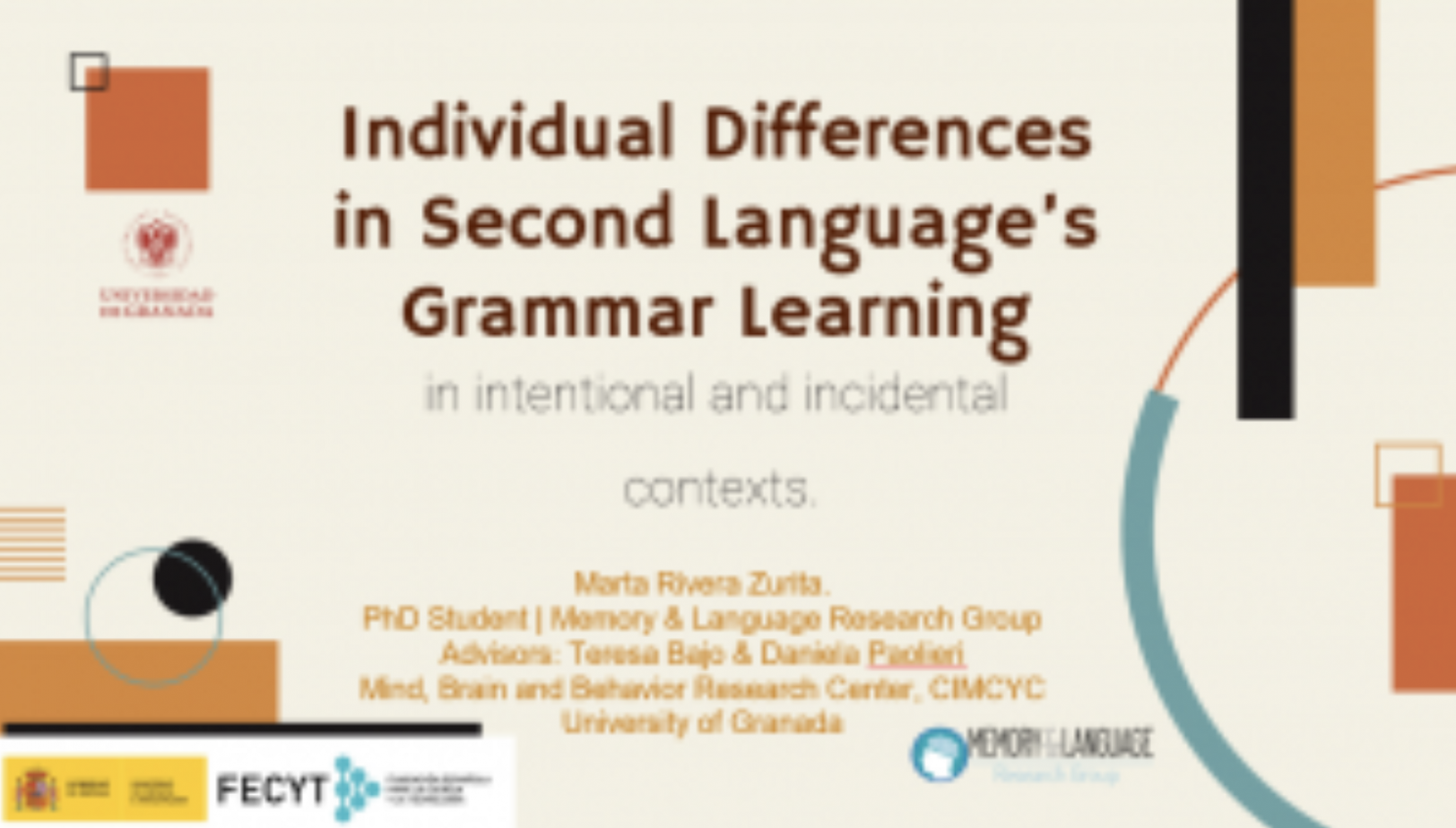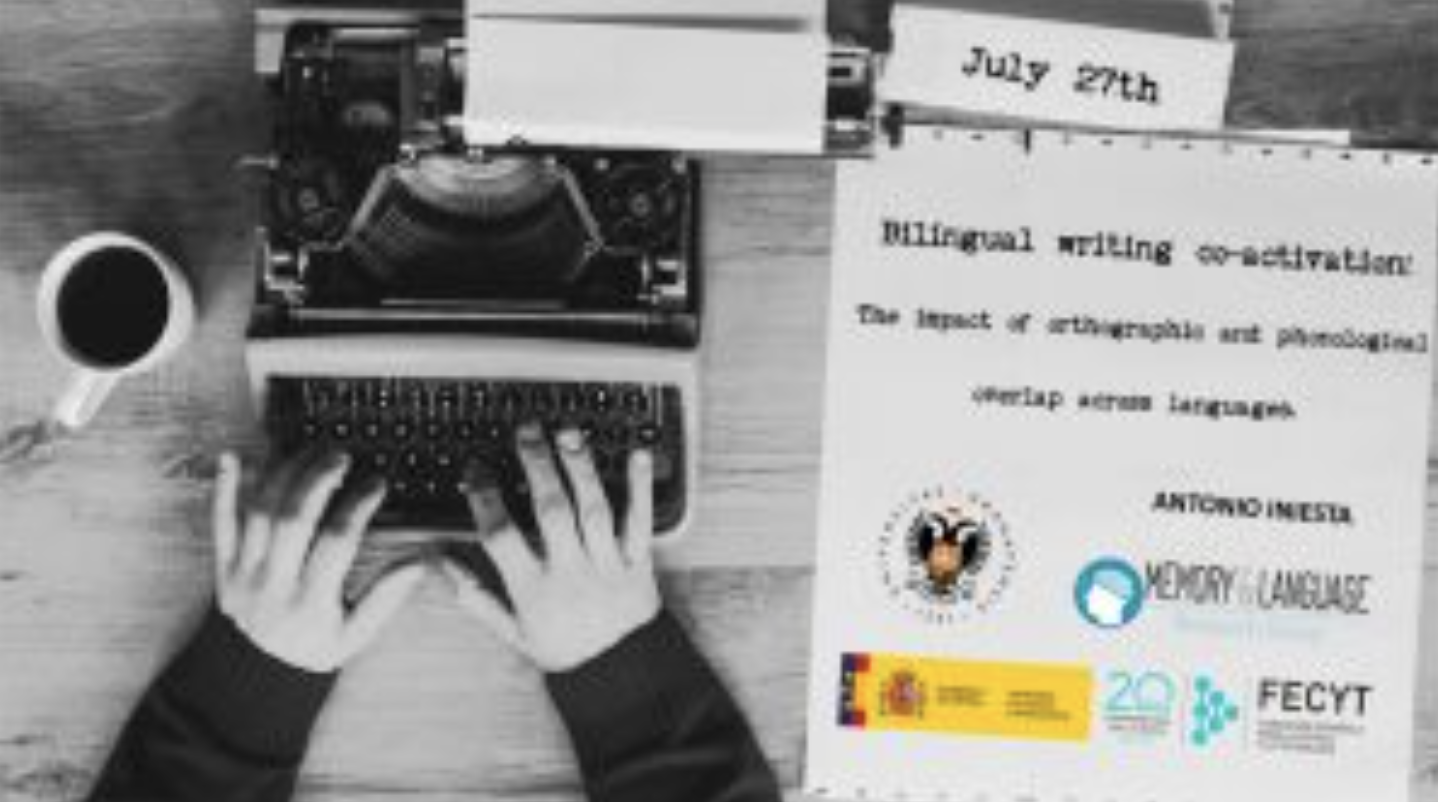¡Buscamos nuevos investigadores noveles para nuestro grupo de investigación! We’re looking for young new minds to join our research group!
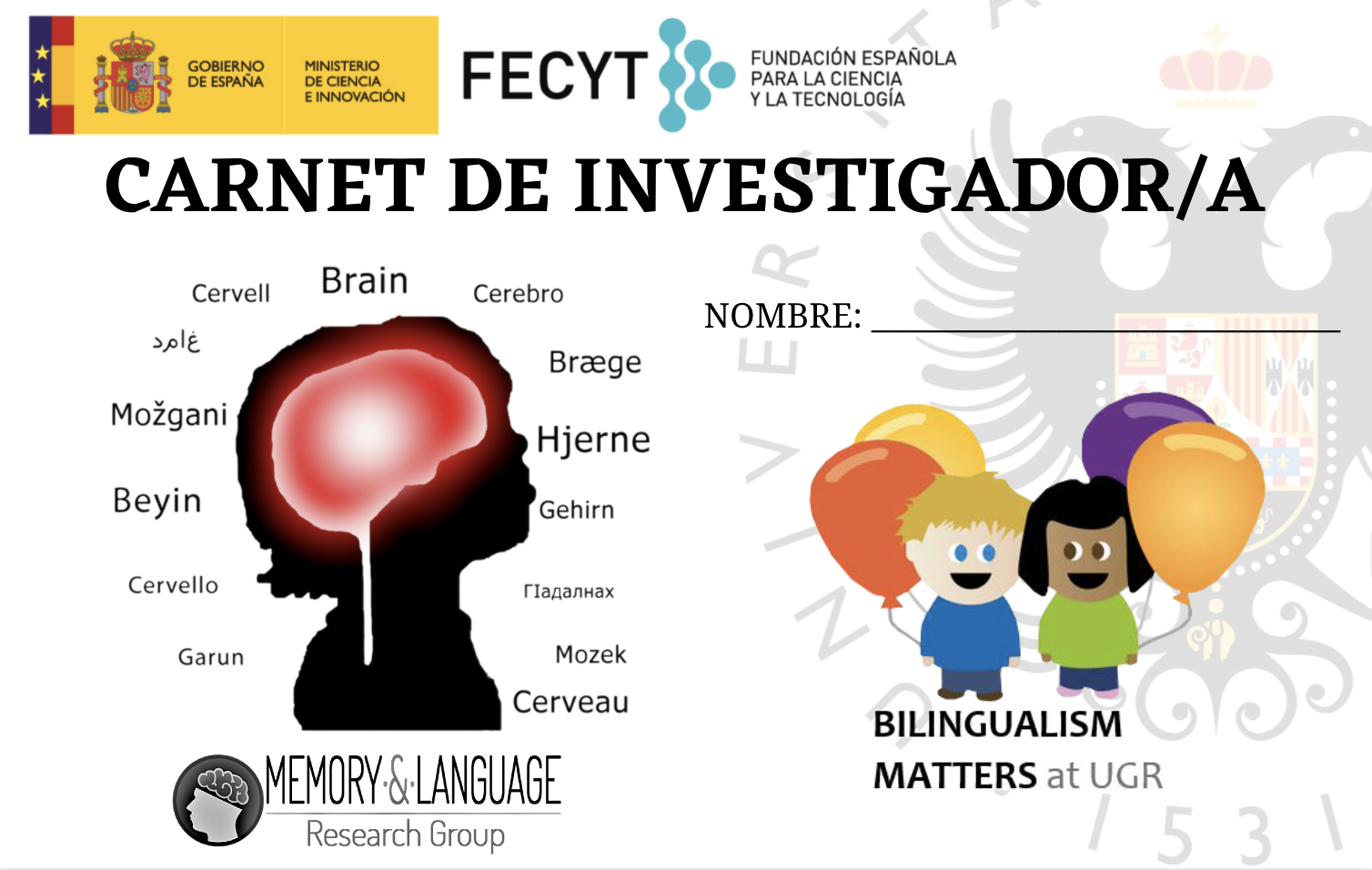
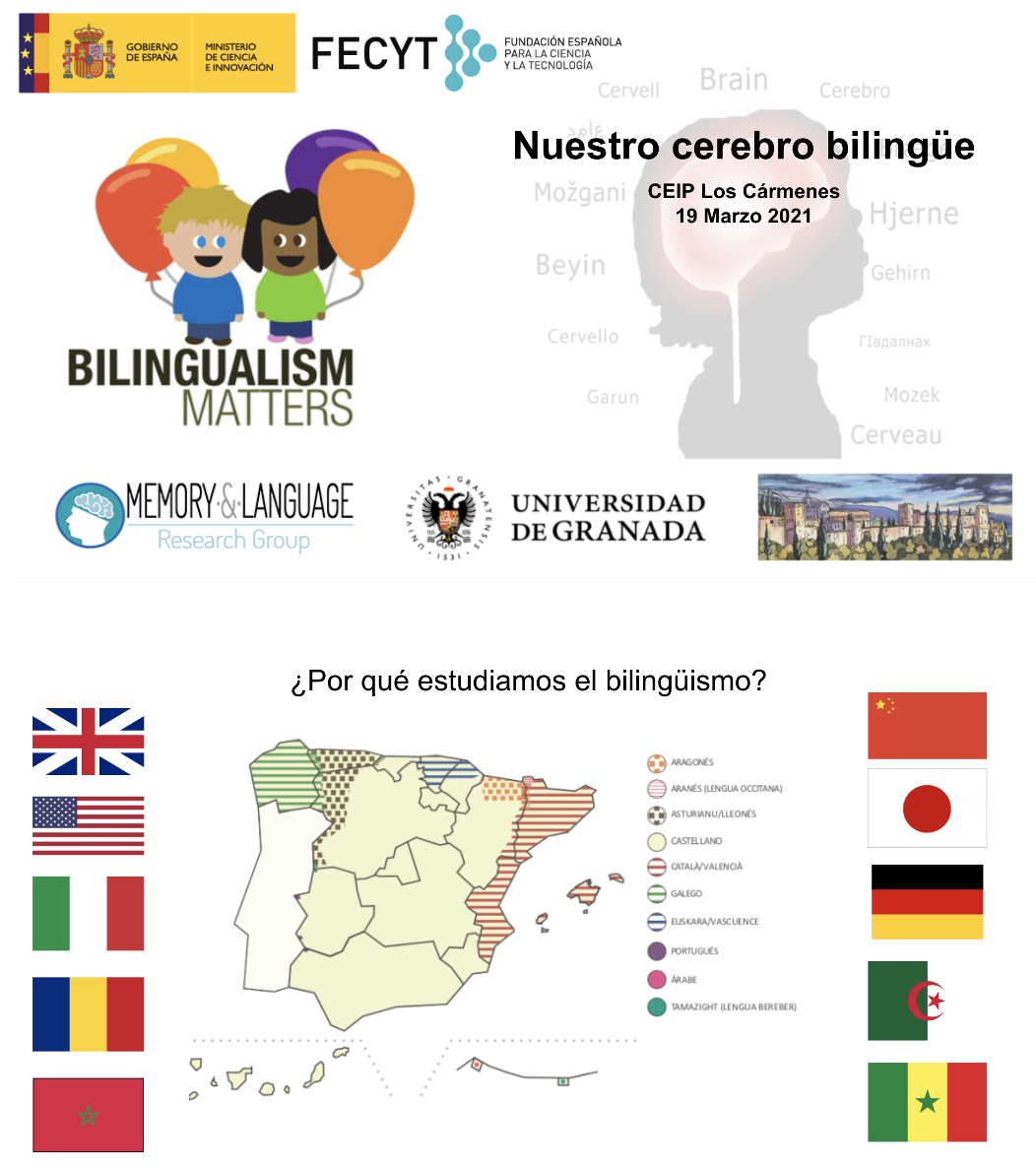
El personal de nuestro grupo trasmitirá a los alumnos de primaria (5º y 6º) temas relacionados con la investigación sobre bilingüismo y la neurociencia. Haremos algunas demostraciones de efectos clásicos en bilingüismo (co-activación de lenguas y coste del cambio), para que los alumnos puedan experimentar en su propia piel los fenómenos lingüísticos, a parte de videos y demostraciones de EEG y resonancia magnética.
Our BM members will be talking to 5th and 6th graders about topics related to bilingualism research and neuroscience. We will do some demos of classical effects in bilingualism (co-activation of languages and switching cost), so that students can experience linguistic phenomena on their own. And no neuroscience demo is complete without an explanation of EEG and MRI, so the students will get to see that as well.
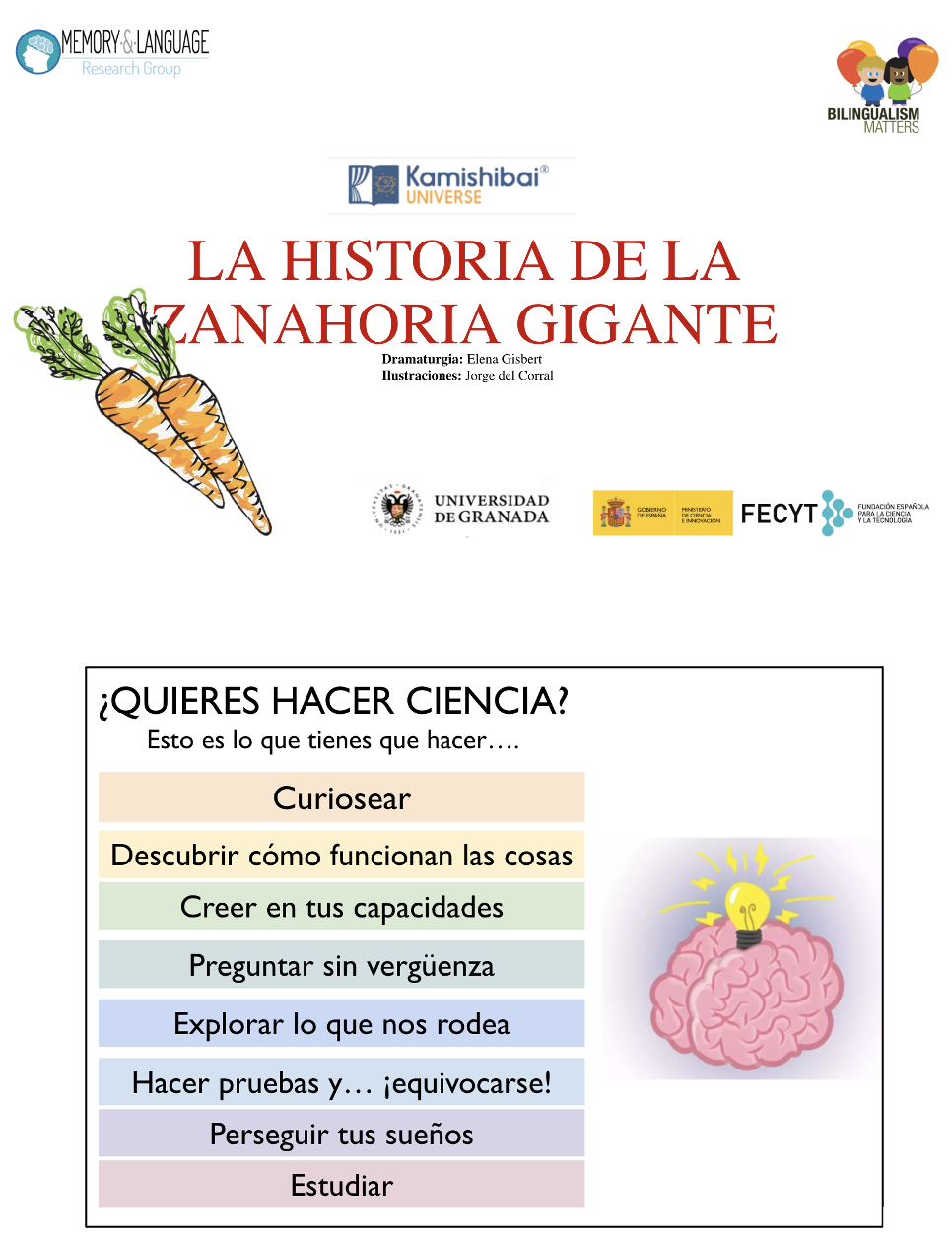
De forma paralela, realizaremos diversos talleres en los que se involucrarán diversos idiomas, como es la lectura de cuentos en movimiento (kamishibai) con los alumnos de último curso de infantil y primero de primaria y promover en ellos la importancia y la belleza del conocimiento de idiomas.
We will be doing several workshops involving different languages, such as reading stories (Japanese kamishibai technique) with the kindergarteners 1st graders to show them the importance and beauty of knowing languages.
En ambos grupos de edad se propondrá una actividad de escritura de cuentos, y de dibujo, donde plasmen la diversidad lingüística y el bilingüismo de forma más lúdica.
We’ll be challenging these students to a little activity… they’ll have to integrate their knowledge of bilingualism in a drawing or in a short story.
